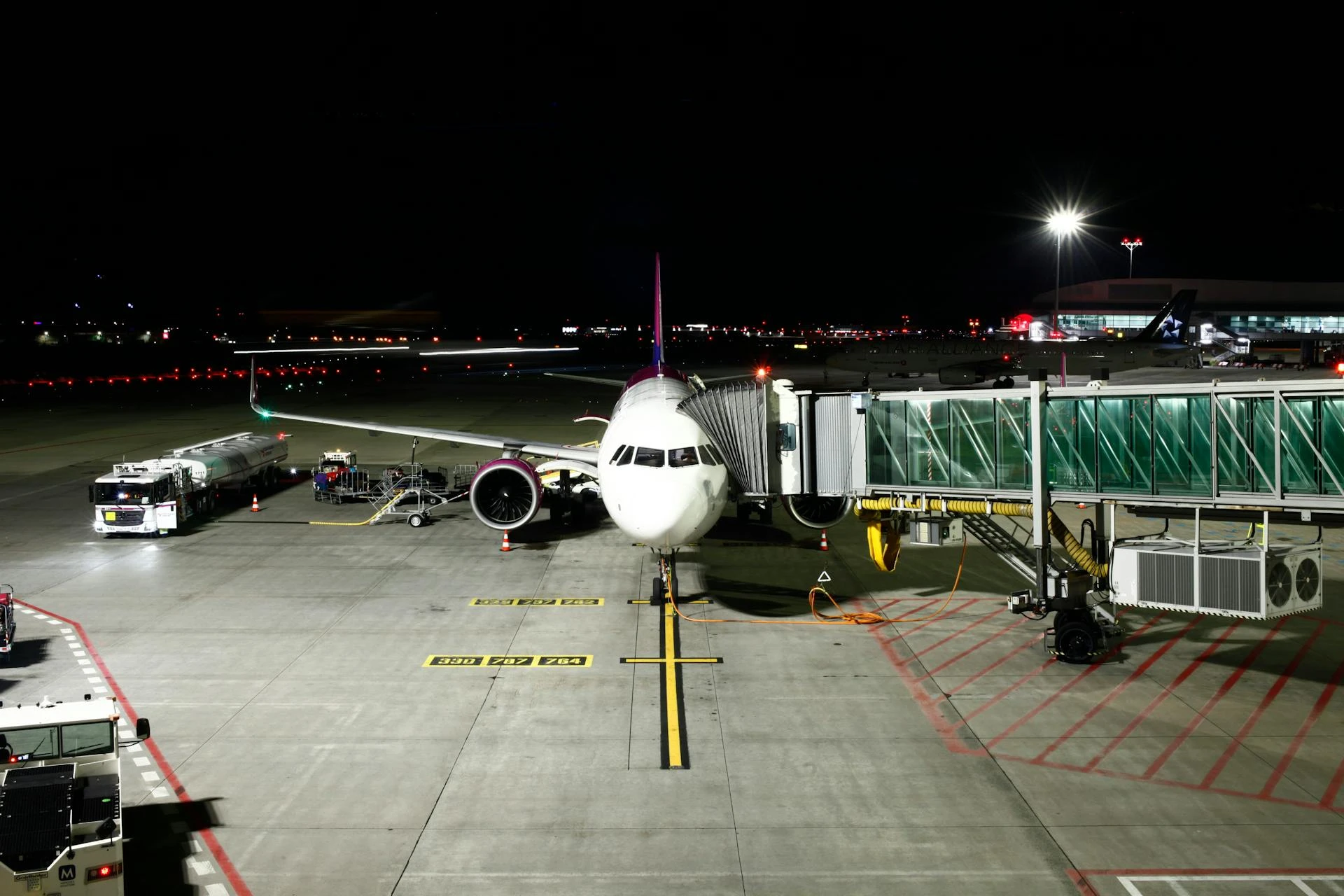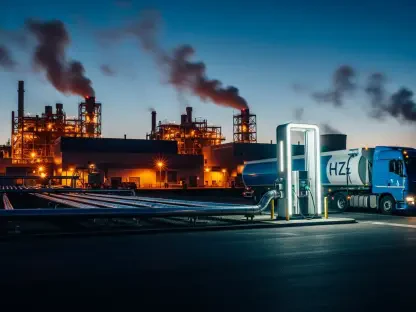I’m thrilled to sit down with Christopher Hailstone, a renowned expert in energy management and renewable energy with a deep focus on Sustainable Aviation Fuel (SAF). With his extensive background in electricity delivery and grid reliability, Christopher offers unique insights into the transformative potential of SAF in aviation. Today, we’ll explore the groundbreaking partnership between two key players in the industry to bring SAF to the private jet market, diving into the motivations, challenges, and future impact of this collaboration. Our conversation will touch on the untapped potential of private aviation, the logistics of implementing sustainable fuel solutions, and how this initiative aims to reshape perceptions of luxury travel through a lens of environmental responsibility.
Can you share what drives the focus on private aviation as a key market for Sustainable Aviation Fuel?
Private aviation is a fascinating space for SAF because it’s a premium segment with both high visibility and significant growth potential. In the U.S. alone, over 3 million private flights took place in 2024, consuming billions of gallons of jet fuel. That’s a huge opportunity for decarbonization. What’s more, private jet operators and clients often pride themselves on being early adopters of cutting-edge technologies, especially when it enhances their reputation. Targeting this market allows SAF providers to make a tangible impact while showcasing sustainability as a status symbol, which can inspire broader adoption across other sectors.
What are some of the major hurdles in introducing SAF to private jet clients?
One of the biggest challenges is logistics. SAF isn’t as widely available as traditional jet fuel, so ensuring a consistent supply at various airports—especially smaller ones frequented by private jets—requires robust infrastructure and coordination. Then there’s the education piece. Many clients in this space aren’t fully aware of SAF’s benefits or how it performs compared to conventional fuel. Overcoming skepticism, especially around cost and efficacy, is crucial. It often involves tailored outreach to demonstrate that SAF can deliver the same performance while significantly cutting emissions.
How does providing verified documentation for traceability play a role in building trust with clients?
Traceability is everything in establishing credibility. Clients, especially in private aviation, want assurance that their investment in SAF translates to real environmental benefits. Verified documentation tracks the fuel from production to consumption, proving its sustainability credentials and quantifying the emissions reductions achieved. For high-profile individuals and companies, this transparency isn’t just a nice-to-have—it’s a necessity for reporting and aligning with their corporate or personal sustainability goals. It builds confidence that they’re making a genuine difference.
In what ways can partnerships help expand SAF’s reach within the private aviation sector?
Partnerships are a game-changer. Collaborating with established platforms in private aviation provides access to a ready-made network of clients who are already primed for premium services. For instance, working with a company that has a strong foothold with numerous operators can streamline distribution and amplify visibility through joint campaigns or digital platforms. It’s not just about supplying fuel; it’s about integrating SAF into the client experience, making it a seamless choice rather than an afterthought. This kind of synergy can position SAF as a hallmark of forward-thinking luxury.
How can SAF transform the private flight experience into a statement of sustainability leadership?
It’s about redefining what luxury means in aviation. When clients choose SAF, they’re not just flying—they’re making a bold statement about their values. Practically, this could mean visible branding or certifications that highlight their use of sustainable fuel, which can be a point of pride during business or personal travel. Over time, as feedback comes in, the hope is that clients will feel a deeper connection to their environmental impact, seeing each flight as a step toward a cleaner future. It’s about aligning performance with purpose in a very tangible way.
What strategies can be used to roll out SAF programs effectively to private jet operators and clients?
A multi-pronged approach works best. First, integrating SAF into existing booking or service platforms makes access effortless—clients shouldn’t have to jump through hoops to choose sustainability. Second, education hubs or dedicated resources are vital to demystify SAF, offering clear info on its benefits and addressing common concerns. Finally, promotional campaigns can create buzz, framing SAF as the future of elite travel. It’s about meeting clients where they are, ensuring the transition feels natural while providing the tools to understand why it matters.
How do you ensure that SAF meets the high standards of luxury and performance expected in private aviation?
Performance is non-negotiable in private aviation, and SAF has been rigorously tested to meet the same safety and efficiency standards as traditional jet fuel. The key is communication—addressing any client concerns head-on by sharing data and real-world examples of SAF in action. Many worries stem from misinformation, like fears of reduced range or engine issues, but SAF is a drop-in fuel, meaning it’s compatible with existing aircraft. By proactively showcasing success stories and offering expert support, you can reassure clients that they’re not sacrificing quality for sustainability.
What is your forecast for the future of SAF in the private aviation sector?
I’m incredibly optimistic. Private aviation is poised to be a trailblazer for SAF adoption, given its influence and the sector’s appetite for innovation. As infrastructure improves and production scales up, costs will come down, making SAF even more accessible. Within the next decade, I expect it to become the norm rather than the exception among private jet operators, especially as regulatory pressures and public demand for sustainability grow. This sector could set a powerful precedent, showing that luxury and environmental responsibility can go hand in hand, ultimately pushing commercial aviation to follow suit.









